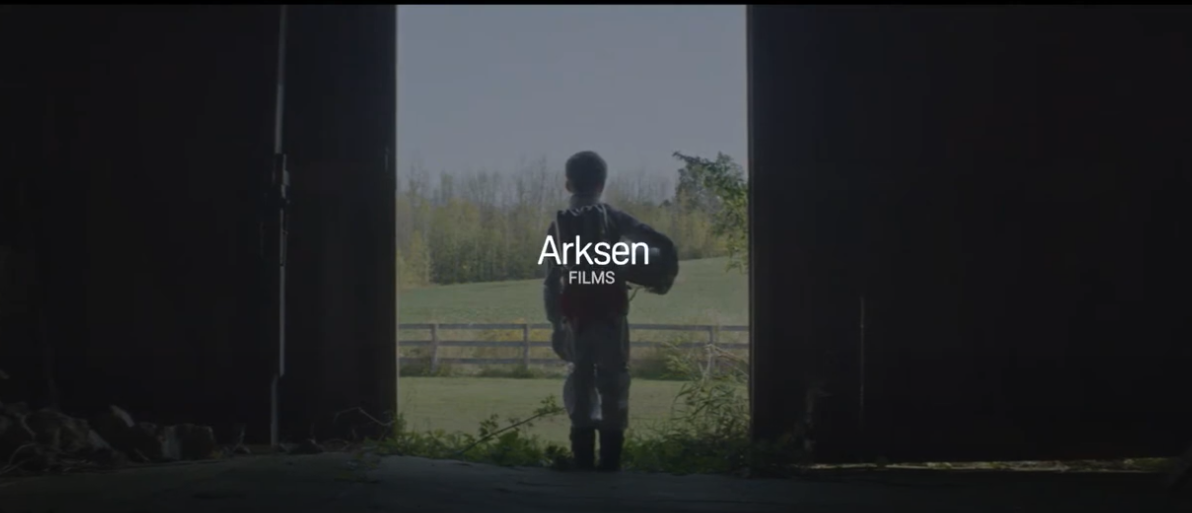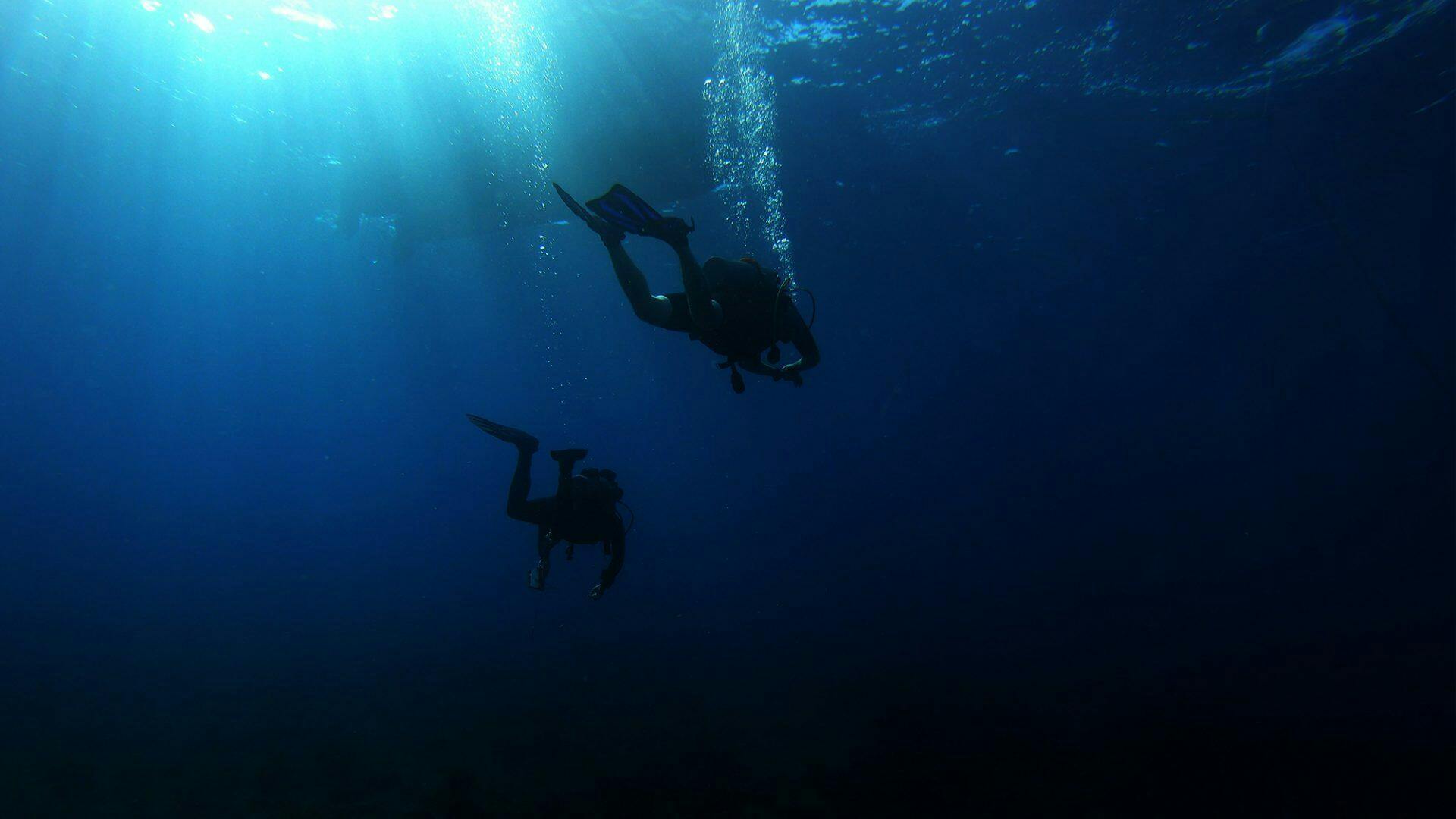
Jasper Smith: Why We Need Adventure Vessels
Arksen’s Founder explains the philosophy around ‘designing for science’.
Scientific research is in Arksen’s DNA. Exploring the seas has always been a passion of company Founder Jasper Smith, and this mindset has heavily influenced the company’s design philosophy to focus both on private exploration and ocean research capabilities. We spoke to him to understand more about this unique stance and find out why ‘designing for science’ is so important.
Why is the ocean so important to our planet?
All ecosystems are vital, but the global ocean is our foundation ecosystem, essential for all life on earth. As a regulator of climate change and weather systems and as the generator of the air we breathe, there is no more important ecosystem to nurture and protect.
The ocean always looks perfect, and it’s hard to see the impact that we have. Microplastics and toxicity are invisible to the eye; overfishing and illegal fishing are things we might hear about but cannot easily gauge or check. Conversely, if I went around littering the countryside, spraying toxins everywhere and shooting sheep, I would very quickly be held to account. It is this invisible damage that is so dangerous to our planet, and understanding the human effects is something that needs a lot more focus in future.
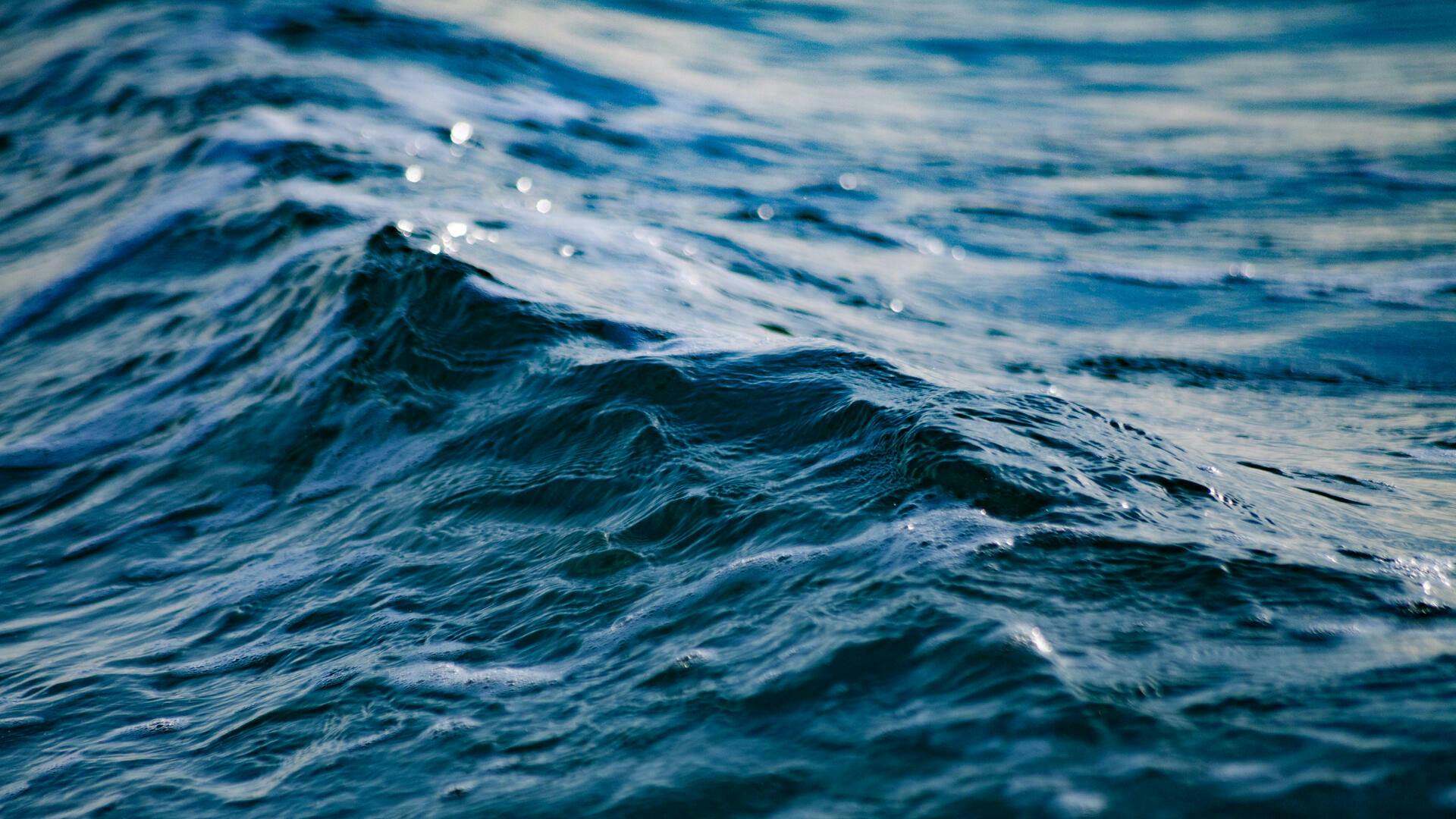
Do you think the ocean has been forgotten when it comes to discussions on climate change?
The ocean is abstract for many people and it’s often a real challenge to bring it to life in a way that gives it meaning to all humans, not just those who are passionate about it. I do, however, think that in climate change circles the vital nature of the ocean is well understood.
The IPCC 2019 report ‘The Ocean and Cryosphere in a Changing Climate’ makes it abundantly clear that all aspects of ocean health are at risk and that immediate action is required. But we have a communications issue. The ocean needs rebranding so that it’s in the hearts and minds of all people, not just a few.
Why is ocean research important to yourself and Arksen?
It seems unbelievable to me that the ocean is not better understood. It’s estimated that we have only discovered eight percent of the species below water, and given the ocean’s vital contribution to medicine and its implications for the long-term survival of the human race, I can think of no more important research area.
We’ve spent infinitely more money on space research as a species than we have on ocean research – yet the oceans are on our doorstep. We have tens of thousands of marine scientists, but globally we have less than 40 research vessels so many scientists cannot get to the remote areas where they do their work. That is something that simply has to change.
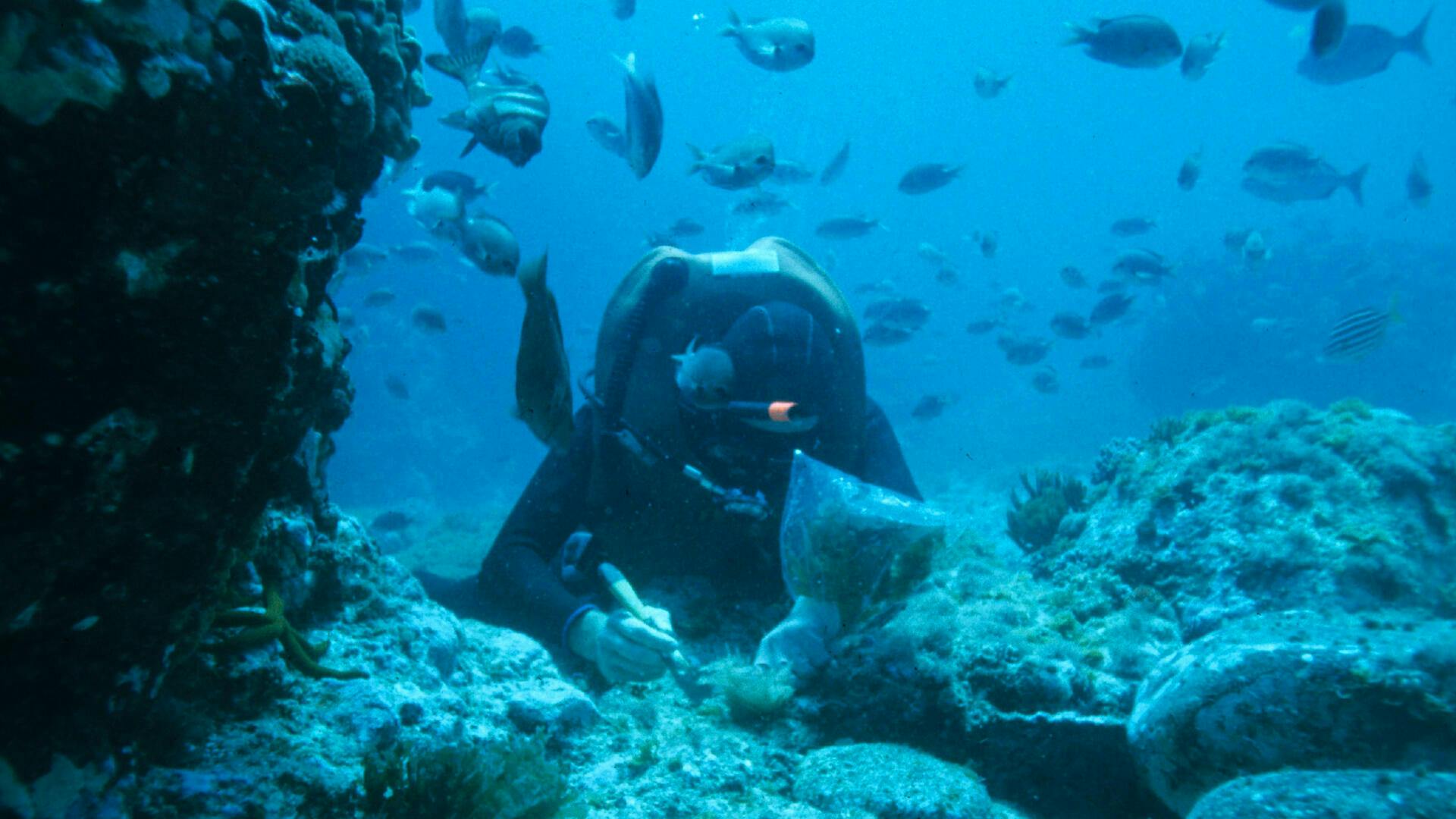
There are many different bodies and programmes such as the Scientific Committee on Ocean Research, Future Earth and the UN’s Decade programme. What are your views on these and how they can help?
I am hugely supportive of all of them and of all the work they do singularly and collectively. I am not a scientist by any stretch of the imagination, but I do understand that good research and good science requires money, and lots of it. The fact that ocean causes globally receive less than one percent of charitable and philanthropic funding – and in many countries less that 0.3 percent – clearly shows that there is a funding crisis that impacts all marine charities and non commercial scientific endeavours.
What needs to be done in terms of research – and when – to save the ocean?
We need to get smart about ocean conservation funding. Currently, all ocean causes fundraise individually, each carrying the burden of the costs of fundraising. We think that there is a much better and more efficient approach, which stems from my career running venture capital funds and investments.
We recently launched 10% for the Ocean, a philanthropic super fund for the ocean that unites causes and centralises fundraising, making the ocean proposition more attractive to major corporate sponsors and longer term individuals. One might argue that this model dis-intermediates charities, but I think the opposite is true. By creating efficiency in the flow of funds and by significantly reducing the cost of fundraising, we hope it will be a game changer in ocean conservation funding.
One of Arksen’s USPs is the encouragement of owners to use their vessels to support research – how welcoming are they of that concept?
It’s too early to say, and of course for the sales and brokerage side of the business it’s another hurdle to completing a sale, but my strong view is that if you are interested in owning a boat that is designed to be able to go virtually anywhere, you have a duty to use it in part to help the wider cause.
Philanthropy has been and continues to be responsible for some of the most remarkable scientific breakthroughs achieved by humanity. It is our belief that the social philanthropy model, where owners donate sea time to ocean research and conservation projects, will empower a new wave of discovery and significantly increase utilisation of our vessels.
Seeing marina after marina of white boats sitting idle is not an endorsement of the boating community. At Arksen, we are pioneering a different model that combines social philanthropy with the joys of ownership and, quite honestly, I cannot see how any other model would be acceptable to future generations. The question is how quickly it can be adopted.
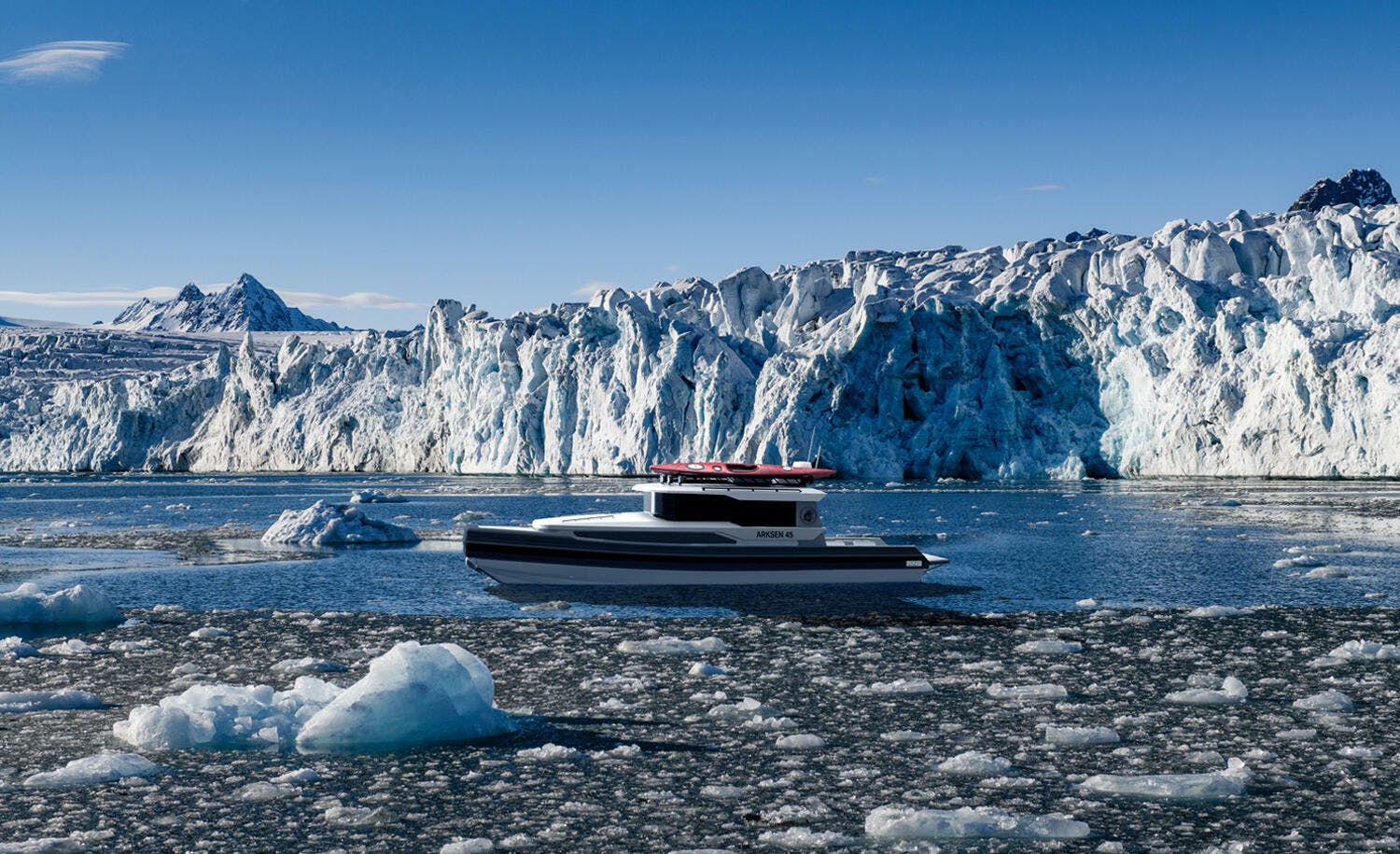
Do you see other businesses in the marine industry following suit?
Yes, definitely. We are partners of a project called Yachts for Science and there are a large number of manufacturers and owners going for that programme so it’s definitely happening. The industry is awake to the issue and the opportunity, and the zeitgeist, is now.
How do you hope Arksen can influence ocean research in the next 20 years?
I hope that we act as pioneers in the marine industry as we drive towards sustainability and new models of ownership. We are developing vessels with a circular economy philosophy at the core of the process, so they can be used day in, day out, and utilisation can be significantly improved. We are also facilitating a new social philanthropic model and hope this can be a major force in providing infrastructure to facilitate research and providing capital to help fund that research. I would hope that in 20 years, Arksen will be recognised as a company that made and continues to make a real difference in the industry and one that is recognised in the scientific community as a strong ally and proponent of their vital work.
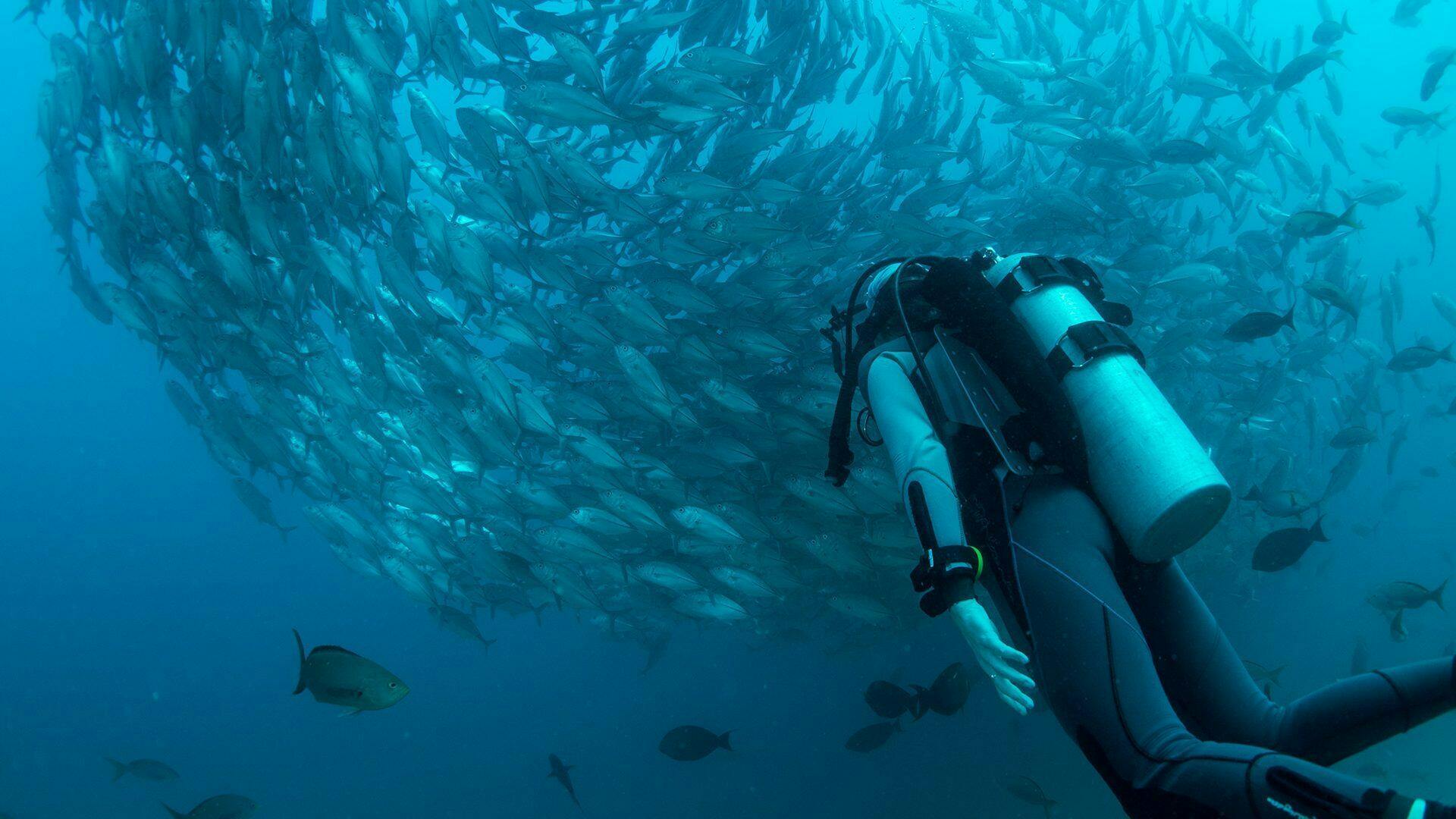
What is the overall concept of the ‘designed for science’ approach?
Many of the research ships around today are refurbished vessels, which are often not fit for purpose. The Arksen range has been fundamentally designed to provide exploration vessels of real caliber and accommodate as wide a range of science projects as is possible for their size. This has involved focusing on very long endurance and efficiency, both in terms of systems and range, and also integrating specific elements required for research. These include sensor systems for water measurement; large rear decks for ROVs and even in some cases submersibles; lifting gear and booms; multiple forms of stabilisation; positioning systems; space for labs and computer racking; dive gear; and comms systems to ensure scientists can be in touch with those ashore. The ‘designed for science’ philosophy is to integrate these systems with minimal compromise on the vessel when it is not in ‘research mode’.
One of the big challenges to research is location of vessels. How can this be overcome?
To get Arksen to be as effective as we hope in terms of research capabilities, it will require having multiple vessels around the world. Our aim is to have up to 50 vessels in the water over the next 10 years and for each of these to be part of a global research network. All vessels we produce will be a part of this ecosystem and the syndicate model is a good way of scaling the fleet as it lowers the barriers to entry. It also means that much of the admin of owning a vessel is taken care of.
